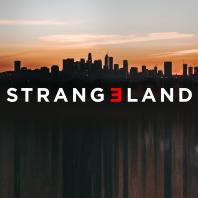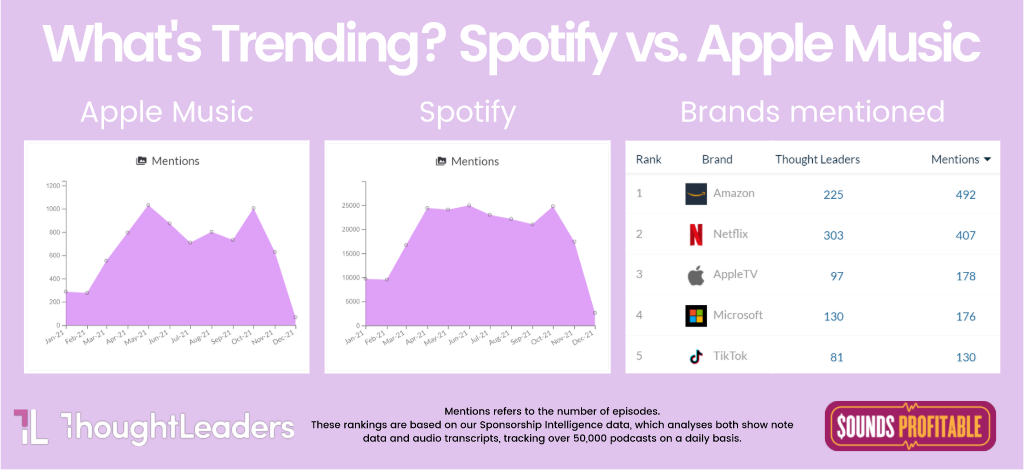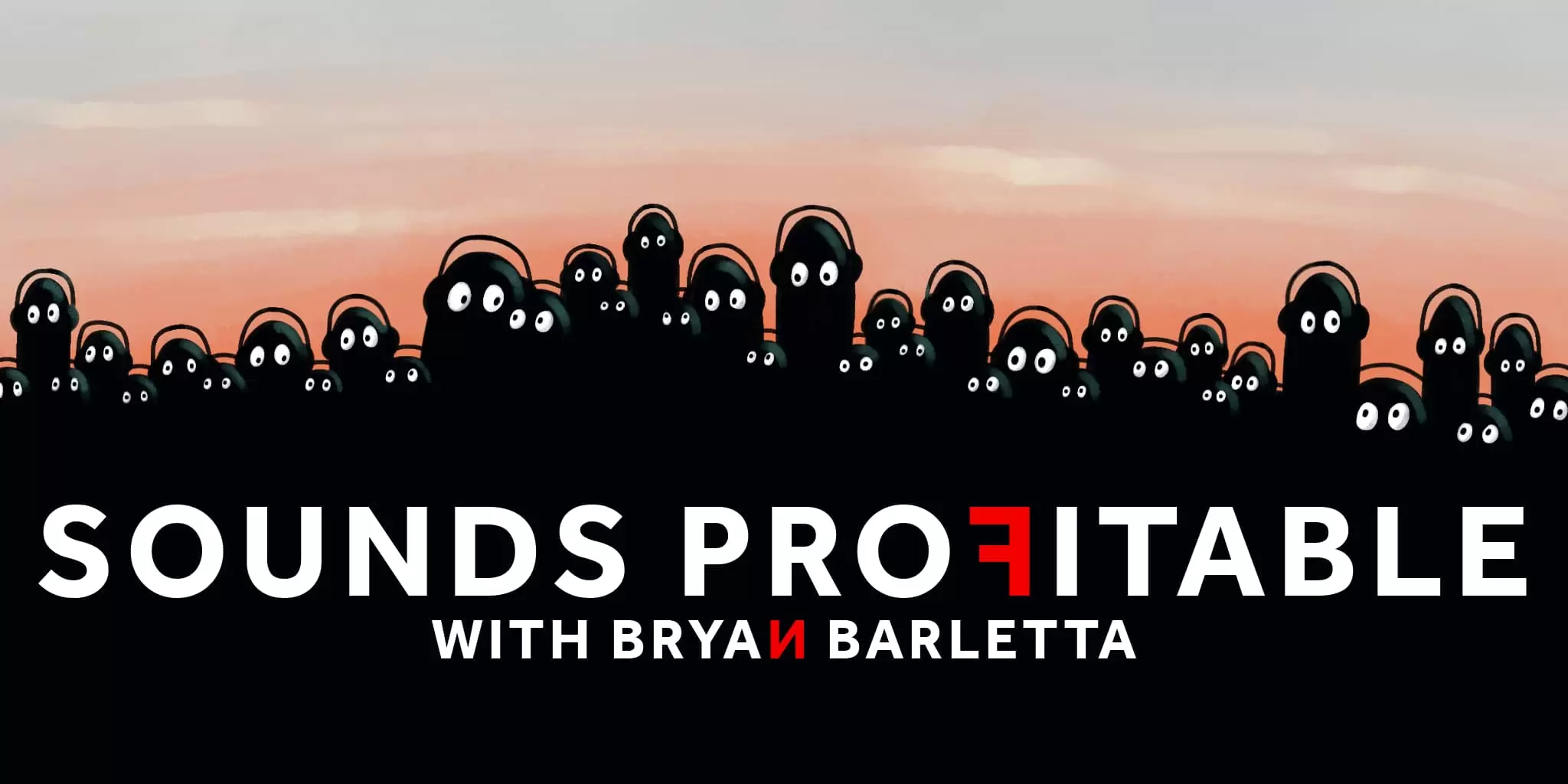Lindsay Graham of Airship joins us to talk about the hidden costs and benefits of in-app paid podcast subscriptions. Catch it early on our free Supercast feed along with narrated versions of our articles, or find it wherever you get your podcasts.
Every year, Pacific Content asks members of the podcast industry to weigh in on their predictions for the year to come. I’m thankful they again asked me to be a part of. And now that it’s live, I wanted to review my predictions from last year first, then expand a bit more on mine for next year.
Accountability of progress is key to a growing industry, so by reflecting on whether the prediction came true or if it fell short, it adds (or subtracts) to the veracity of my thoughts on the coming year.
Bryan’s 2021 Prediction: Contextual Expansion
I said: Contextualization of content will gain major focus for ad targeting at scale. Every podcast has content, and that content can be transcribed and contextualized and then targeted. But less than half of all podcast downloads come from IP addresses that can be resolved to a household, let alone an individual. There’s a massive brand safety industry in digital media that can directly apply to transcribed podcasts, opening the doors to substantially larger budgets in podcast advertising.
Outcome: Mixed
On the technology front, the momentum to transcribe and understand podcast content did increase. Companies already embracing transcriptions grew the catalog of shows they monitored by multiples and in the same breath, even more companies added transcription technology into their tech stack directly or through partnerships.
On the ad tech front, transcription-based contextual targeting hasn’t received the same priority. For the limited platforms that do allow contextual targeting, the focus remained around keyword identification with little additional improvement. The potential exists for deeper targeting, better identifying the segments of content, tone, and the overall identification of the podcast, not just the episode. And while podcast hosting platforms have spoken about the importance of providing this for their publishers to use directly for their own ad serving, it’s primarily still a tool of marketplace ad buying or internally used by specific buyers. It hasn’t become accessible enough.
This is still a priority that will unlock significant demand programmatically with major ad buyers and holding companies, while safeguarding us from the potential incoming privacy changes like the threat of Apple obfuscating the IP address. The biggest issue I see is that buyers asking for this feature are not dissuaded by publishers and platforms that can’t provide it.
Bryan’s 2021 Prediction: Listener Privacy
I said: User privacy, which has taken the center stage in all other digital mediums, will be taken more seriously. Today, each of the actors in the podcast chain (Podcast player, analytics, host, attribution) are all operating as islands. Some discard any information received from countries or states with privacy laws, while others assume that receiving the data implies consent. The podcast players themselves (Apple, Spotify, Google, Amazon, etc) will be held responsible for passing on actual user consent down the line.
Outcome: No Progress
Privacy legislation was a hot topic at the end of the last two calendar years. CCPA requirements kicked off in January 2020 and the conversation on how that was handled by the podcast industry was a topic of debate for the entire year. But the reality is that in the podcast industry, we only receive IP addresses, which is only PII—personally identifiable information—if the request is made from a household internet connection.
Unless Apple, Spotify, Google, or Amazon choose to work with the podcast industry (likely through the IAB), I don’t expect podcast listeners to have a clear framework to opt-in or out of their data being collected in podcasting anytime soon. And Apple’s Private Relay, which is still in beta and Safari only, is likely to have more iterations to it before it ever goes live across the entire device.
Bryan’s 2021 Prediction: New Ad Format
I said: We’ll enter the beginning phases of creating a new type of ad. Something between host and announcer read. Whether through pure technology or brilliant creative storytelling, we’ll break ground on that third option. I’m looking forward to seeing all the failures along the way, so we can learn from them.
Outcome: Positive
I saw a good deal of experimentation in 2021, which checks the box for my prediction. One that stood out to me the most was Acast’s Sponsored Stories format. The content presented like mini-episodes, ranging from 1.5 to 4 minutes long, with the added ability for each ad to build on the previous one. That’s an incredibly complex undertaking to make sure the show and ad content align, and that the longer format ads don’t alienate the podcast listener. But with the right combination, it takes ads from interruptions to added content.
Marty Michael of Gumball made a comment to me that podcast advertising doesn’t have a standard banner format like digital display advertising, and I agree. We’ve got ad lengths, insertion styles, and presenters, but the rest is pretty open-ended. Those standards allow for network and programmatic ad buying, but exploring the opposite direction, unique and engagingly disruptive experiences that require a direct relationship between publisher and ad buyer are what will keep podcast advertising on the top of every buyer’s mind. And I’m positive we’ll see more of that in 2022.
I’m also pretty bullish on the use of synthetic voice, which we just scratched the surface of this year.
Bryan’s 2022 Prediction: Education & Elevation
One of the biggest advantages of the podcast industry is just how accessible it is. Our industry is wide and nearly any passionate and driven individual can find a role within it. By prioritizing the individual, educating them on the industry, and investing in their training and development, we’ll benefit from a swell of new ideas from fresh eyes and empower the next generation of leadership in an industry now over 15 years old. We’ll see a shift toward growing existing employees through the ranks and lateral moves, allowing them to explore other roles that appeal to them. Podcasting is exciting, and an openness toward hiring individuals without direct industry experience, but skilled nonetheless, will further fuel that growth.
I’ve been thrilled to receive positive feedback on this perspective, really echoing the sentiment that we can and will do better, not just because we have to but because we want to. As one of a few people lucky enough to cover the happenings in this industry and the companies driving it forward, I can say that podcasting is full of people who choose to be here and are passionate about what they do. I intend fully to have Sounds Profitable be a driving force in making this prediction come true and am excited to talk about that at the start of 2022.
Bryan’s 2022 Prediction: Greater Adtech Enters the Space
The buzz of podcasting has finally caught the attention of companies successfully building tools in greater digital advertising. Podcast adtech started and continues to thrive without ever receiving third-party cookies or mobile device ID’s directly from listeners, allowing our industry to be the hands-on experts for advertisers and buyers in this cookieless future. The use of these solutions will be led by major brands looking to implement the same core analytics, targeting, and tracking they utilize across all digital campaigns. Publishers, networks, marketplaces, and agencies that stay knowledgeable on these emerging solutions will benefit the most, as these new partners will need a guide to make their campaigns successful.
This is what moves podcast advertising from the experimental budget line time to a main ad strategy. Whether through acquiring existing adtech companies in podcasting, partnering with them, or just investing in being compliant with our industry, these major players can make all of the difference. Their biggest hurdle is that many have moved away from receiving/using IP addresses, and they have little understanding of our unique User Agents. One is far easier to solve than the other.
Wrapping It Up
I kicked 2021 off with a list of people on the Pacific Content predictions article that I wanted to talk to and learn more from. Every single person that I reached out to was a wealth of knowledge about the topic they wrote on. I can’t stress enough that the people driving the podcast industry forward are often those most open to conversation about how we can collaborate to make those goals happen.
So please, read both pieces and reach out to me or anyone else on the list. And definitely let me know your predictions for 2022 through the Yappa link below!
New Sponsors
Sounds Profitable exists thanks to the continued support of our amazing sponsors. Each sponsor receives one hour of consulting per month as a way to say thanks.
* Frequency is a Creative Management Platform for Audio Advertising that debuted solutions this year to help Podcast Networks scale their organization and increase revenue.
Want to learn more about sponsorship? Hit reply!
Rel’s Recs

This week, Arielle Nissenblatt of Earbuds Podcast Collective recommends Strangeland from audiochuck, hosted by Megaphone and measured by Podsights, Chartable and Nielsen.
If you want to experience with gripping nature of a true crime podcast without the gore, Strangeland is the podcast for you. There are some bloody moments, but overall, it’s kept to a minimum as hosts Ben Adair and Sharon Choi re-examine this almost-twenty-year-old story. They bring in new evidence as well as new scientific concepts that have emerged. They do a great job setting up Koreatown, the neighborhood in Los Angeles where this story takes place, as a character in this podcast.*
Market Insights – with ThoughtLeaders

Noam Yadin, Content and Social Media Manager at ThoughtLeaders joins me this week to share insight into current trends:
Spotify, YouTube, Apple Music, Goodreads, Netflix, and more have done yearly wrapups so I thought we could do a mini roundup of our own – Spotify vs. Apple Music: which one was mentioned more throughout 2021?


















































































































































































































